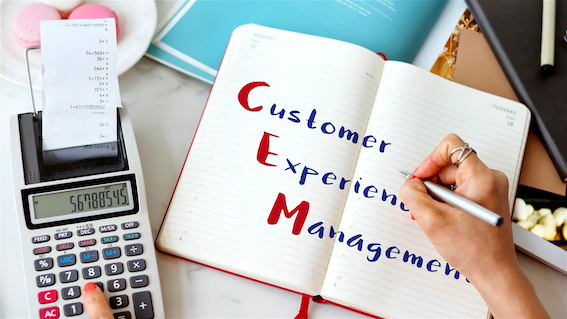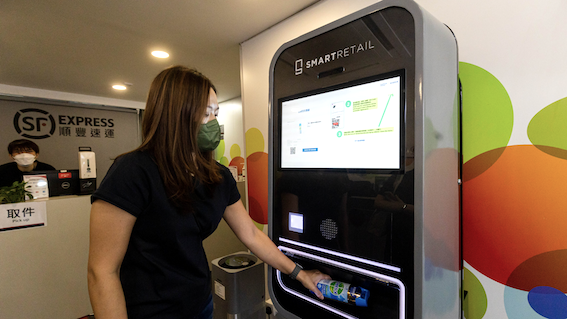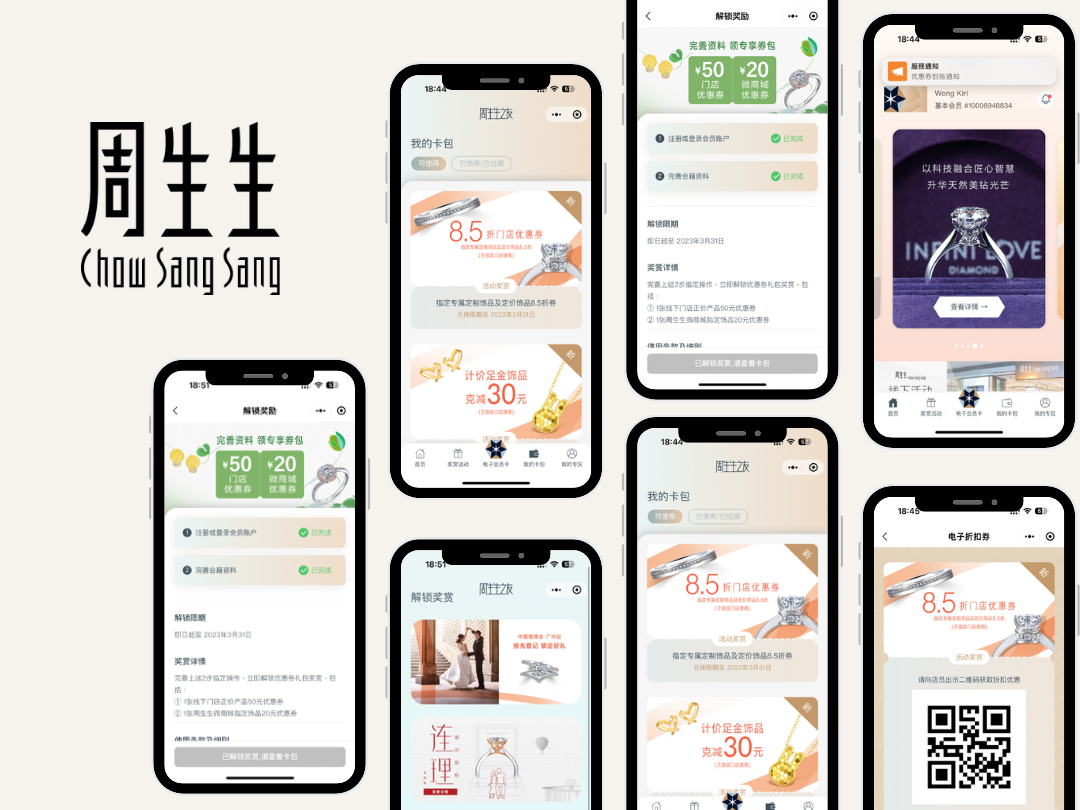Social media can help brands and companies share urgent news and updates during a crisis. However, social media platforms can also help support accusations and amplify company scandals to become international business news. For example, a video, which went viral on Weibo on 20 April, showed that two Chinese workers at the BMW Mini stood at Shanghai Auto Show initially told Chinese visitors that free ice cream had all been distributed, but later handing it to a Westerner.
The incident sparked a wave of boycott against the German automaker, leading its shares to slide by 3.62% and lose US$2.3bn in market value on the same day. The company had to apologise twice in two days.
Most recently, details of the alleged incident during a flight from Chengdu in Sichuan province to Hong Kong on 21 May revealed on Xiaohongshu went viral across social platforms. The Xiaohongshu user made several accusations against some cabin crew members on the flight CX987, including some members teased passengers’ language ability by saying in English: “If you cannot speak ‘blanket’, you cannot have it,”, “Carpet is on the floor”.
Since then, Cathay apologised three times on Weibo, stating that it has fired three cabin crew members involved after concluding an internal investigation. The incident has drawn over 30,000 mentions globally related to the incident as of 23 May, with 53.1% of them being negative, according to media intelligence firm CARMA. Many users on Weibo complained about the airline's decision to only publish the statement on Weibo and no other social media channels, said CARMA’s HK GM Charles Cheung.
What role does social media play in amplifying these controversial incidents?
In fact, the social media juggernaut resembles the wind in a forest fire. It advances its spread. Most news (good or bad) now breaks on social media before it gains mass media adoption. As much as marketers rely on social media to amplify and raise awareness for a brand to reach its target audiences and beyond, social media also is the same platform that can tear down and ruin a brand’s reputation, making it possibly the most powerful marketing tool, said Kimberley Olsen, co-founder of Yatta Workshop, a social media led creative digital agency.
"Breaking it down simply to what it first started off as, ‘word-of-mouth-marketing’ speaks for itself," Oslen added. "The more people share and talk about a piece of news, the further it catapults across the internet, gaining exposure to media outlets and even communities beyond where it originated."
Furthermore, social media is almost the primary source of news for most people, according to James Chua, founder and managing director at GERMS Digital. “The social media platforms have built such great sharing (and resharing) features to instigate virality means everyone is now empowered as a citizen journalist,” Chua added.
Agreeing with Chua was Ken Cheung, digital director, KREW Digital, who said social media is not only the viral engine but also the source of news. He added, "Once some news had been published, further viral engagement and more news channels would be published. So, it will lead to a big crisis finally."
With social media being the primary source of news, “social activism” and its close relative “cancel culture”, the online trend of calling out people or brands rightly or wrongly for perceived social indiscretions or offensive behaviours, being a part of the global media consumption diet, Donald Wong, general manager of We Are Social Hong Kong, said leveraging the channel to steer the conversation according to the brand’s intended effect ought to be part of the standard “PR repertoire”, given how both good and bad news get amplified.
On the other hand, social media not just provides ease of shareability, but it’s the platforms’ algorithms that play a crucial role in prioritising content with more engagements just like how the rich gets richer, according to Jeffrey Hau and Kelvin Wong, CEO and senior account director of social media agency PRIZM Group.
“The platform algorithm aggravates the fire of polarised stances, which the matter soon extended beyond the matter itself but a debate of politics and culture, and the reach is amplified as user generated comments provide the not-ending fuel,” they added.
However, some PR professionals believed that social media shouldn't be viewed as a double-edged sword.
A PR professional with over 25 years of experience who wished to stay anonymous, said "While it indeed can create a perception of wrongdoing within an organisation, but it actually gives a company the ability to get a better sense of what people are saying about it."
The PR professional added that such complaints are sometimes valuable in helping them formulate the actions they need to take to help recover the brand.
How can brands make better use of social media to manage crisis?
With the rise of “cancel culture”, it appears that social media perils could have fatal consequences on brand reputation of companies when a crisis occurs. As such, how brands can better leverage social media platforms to manage PR crisis is a million-dollar question.
While in APAC, 60% of organisations stated that social media has become more important for their companies due to economic uncertainties, according to a report by Meltwater titled “State of Social Media 2023”. The report also showed that over 40% of organisations in APAC run a social listening programme, of which over 30% use social listening to prevent and manage crisis.
But what more can be done?
Apart from monitoring all brand mentions and social sentiment, Montieth Illingworth, co-chairman of Montieth SPRG, said it is important to have a social media policy as part of a larger crisis communications plan, and a plan that is constantly updated. Furthermore, Illingworth also said that regular posts, and engagement, establishing a “voice” that is balanced and reasonable, and acknowledging people’s concerns are all central to how using social media can be helpful.
It might be impossible to manipulate sentiments in the public social media space, but when it comes to the brand’s owned social media page, it’s crucial to include a long term sustaining strategy for nurturing a positive and friendly social character, said PRIZM’s Hau and Wong. “Every small step matters, and you will be amazed by the protection that the ‘armor’ can provide,” they added.
While social media gives brands an opportunity to show its authenticity and sincerity by reacting swiftly to address any news related to the brand that may tarnish its reputation...
Published by Marketing Interactive on 29 May 2023





.jpg)




